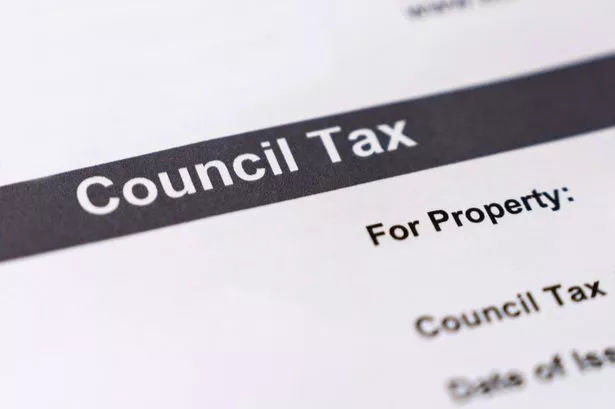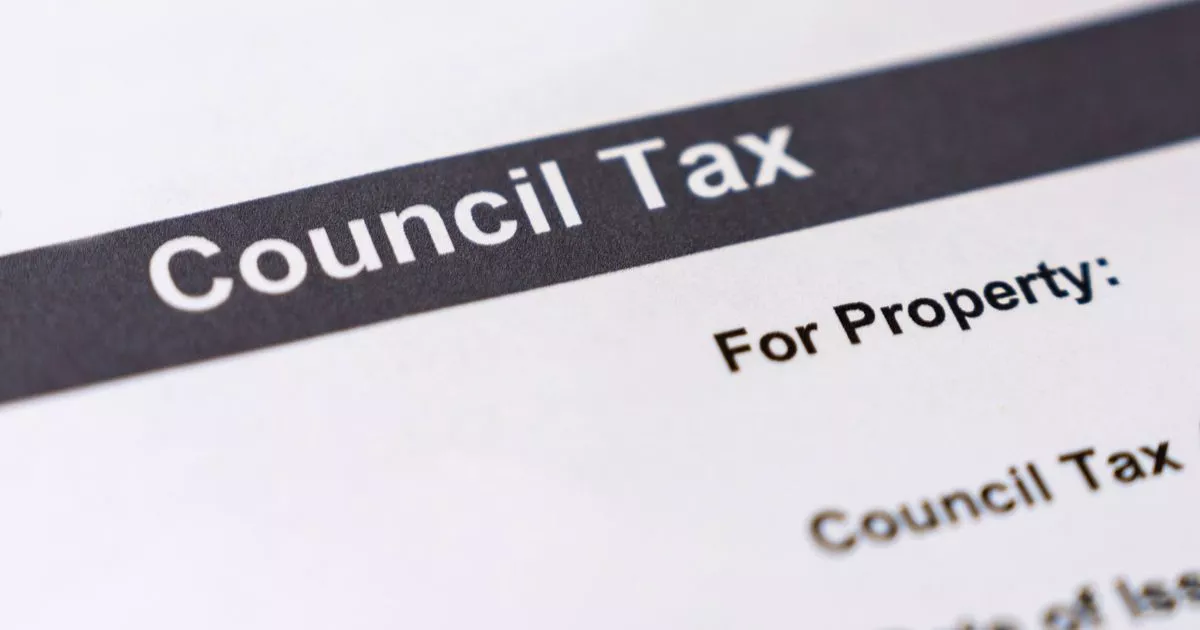Two campaigns have been launched by MPs demanding a council tax cut for pensioners, amid growing calls for retirees to be exempt from the tax A campaign has been launched to give state pensioners a council tax cut(Image: georgeclerk via Getty Images)
A campaign has been launched to give state pensioners a council tax cut(Image: georgeclerk via Getty Images)
Campaigners pushing for a substantial council tax reduction for all UK state pensioners have launched a new drive. Amidst the cost of living crisis, there are mounting demands for pensioners to receive either cuts or a total scrapping of the levy.
A fresh petition has been started on the Parliament website, calling for an end to this tax for all UK pensioners, arguing it’s unjust that everyone pays irrespective of earnings. Should it attract 10,000 signatures, it will prompt an official Treasury response – and if it exceeds 100,000, it could spark a full parliamentary debate with MPs.
The petition, started by Michael Thompson, declares: “We call on Parliament to pass a law which exempts all pensioners in Britain from paying Council Tax. Current provisions only ensure that pensioners on the lowest incomes receive full relief, yet many others, particularly those on modest but above-threshold pensions, still pay this tax.”, reports Chronicle Live.
“We believe Council Tax is increasingly unaffordable. Many pensioners often rely on a fixed income and face growing living costs, which may exacerbate financial pressures while pensioners continue to struggle. We believe exempting all pensioners from Council Tax isn’t just compassionate but is also fiscally responsible. We believe it could provide relief to a vulnerable demographic and help uphold public services by ensuring fairer funding models.”
A campaign demanding a council tax discount for all UK state pensioners has triggered an official response after surpassing the 10,000 signature threshold. The Treasury, under the leadership of Chancellor Rachel Reeves, formally responded, providing an update on any potential plans for a discount.
The petition, initiated by David Papworth, stated: “I feel that current council tax rates do not take pension incomes into account. This means some pensioners are having to pay what I think is a very significant percentage of their pension towards council tax.
“When many pensioners have worked for 50-odd years, paid into a pension, bought their own house, then retire on a lower income, I do not think they should have to pay such a significant amount of council tax.”
Treasury officials confirmed there are ‘no plans’ for a major change at present, and highlighted existing exemptions for the poorest. They also pointed out that a variety of assistance is currently being offered to some of the country’s most deprived individuals. They announced: “The Government requires councils to provide council tax support so the lowest-income pensioners do not pay council tax. There are no plans for a mandatory council tax discount for all pensioners.”, as reported by the Express.
“Councils provide over 800 vital local public services to millions of people across the country. Council tax is an essential component of their funding, without which councils would not be able to meet their legal responsibilities.
“To ensure fairness in the system, there are a range of discounts and exemptions to reflect personal circumstances. Councils are required to put in place a centrally prescribed support scheme for pension-age households. This ensures that the lowest-income pensioners are not required to make any contribution towards their council tax. In March 2025, 1.4m claimants were being supported by the pension age local council tax support. The government has no plans to introduce a mandatory discount for all pensioners.”
The Treasury highlighted numerous benefits currently targeted at pensioners, revealing that this year, the Government will allocate more than £174 billion directly on the State Pension and pensioner benefits across Great Britain. It noted that the full rate of the new State Pension has climbed to £230.25 per week, totalling over £12,000 annually, following a rise aligned with average earnings.
It stated: “The basic State Pension has also increased to £176.45 per week, which is over £9,200 per year. These increases reflect our commitment to the Triple Lock and to protecting pensioners from the rising cost of living. The Government’s commitment to maintaining the Triple Lock throughout this Parliament will mean the annual spending on people’s State Pensions is forecast to rise by around £31 billion and this will see pensioners’ yearly incomes being up to £1,900 higher by the end of this parliament.
“Supplementary benefits provide additional support, including Pension Credit (which guarantees a minimum level of income for low-income pensioners). Pensioners receiving Pension Credit also to receive other benefits (help with council tax, fuel bills and a free TV licence for those over 75).”
The announcement also emphasised the winter fuel payment, which will be available to all individuals over State Pension age in England and Wales earning £35,000 or less annually – a benefit that was restored to 9 million pensioners earlier this year by Chancellor Rachel Reeves.
The Department for Work and Pensions (DWP) also highlighted other vital supplementary benefits for low-income pensioners. These include the Warm Home Discount, which offers a reduction on energy bills; Housing Benefit, which provides assistance with rent; and Discretionary Housing Payments.
The Household Support Fund in England offers discretionary support towards the cost of essentials, a scheme that the Government has extended until 31 March 2026.
Pensioners are also eligible for free eye tests and NHS prescriptions, as well as free bus passes.
If the petition reaches 100,000 signatures, it could be discussed in Parliament, according to HM Treasury.
Pensioners are required to pay standard council tax unless they qualify for a reduction. Council Tax Reduction, also known as Council Tax Support, is a benefit designed to assist those on a low income or claiming certain benefits to pay their Council Tax bill.
You can apply regardless of whether you’re a homeowner or a tenant, and your employment status won’t affect the claim.
Eligibility for council tax reduction
If you’re on a low income or receiving specific benefits, you may be eligible for Council Tax Reduction. However, eligibility in an area, and what you might qualify for, is determined by the local council. Each council has its own rules, so individuals should check what the regulations are in their area.
To view the petition, click here.

